I first photographed the Urban Design Center on July 25, 2011. I took a good many photographs in the following month, for coverage and to get a feel for the site. I then continued to photograph it at irregular intervals up to the present.
THAT's the point of photographing the same site over and over again, to show how the graffiti evolves. All of the photographs in this post show the west facade, which was almost empty the first time I photographed it, which was a month after I first began photographing this site. Initially there was little point in photographing this wall simply because there was so little there.
Judging from the water in front of the wall, and the date, just before Hurricane Irene hit Jersey City, I took this photograph, not so much to document the emptiness of the wall, as to document the rain water in front of it.
August 27, 2011
At this point the wall is pretty empty. You can see some large tags in the middle, and there's some stuff behind the trees at the right (the 2nd and 3rd photos in this post), but otherwise there isn't much here.
November 19, 2011
Except for the addition of a white throw-up (left of center) things haven't changed much by November.
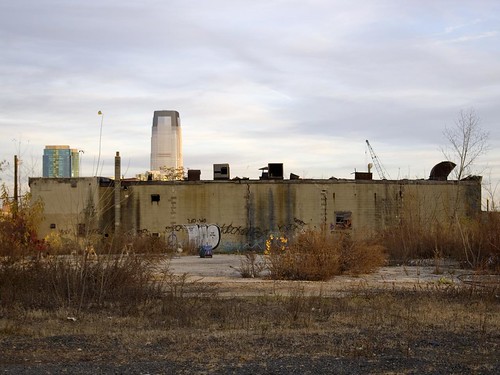
The skyscraper to the left of center is the Goldman Sachs Building in downtown Jersey City. It was designed by César Pelli, an Argentinian American architect who is perhaps best-known for designing the Petronas Twin Towers in Kuala Lumpur, Malaysia. For awhile they were the world's tallest buildings.
October 30, 2012, after Hurricane Sandy
A year later the wall's still pretty much blank, but some largish throw-ups have appeared in the bottom band, and some odd characters, with eyes on stalks, have appeared.
August 15, 2013
But another year later the wall has blossomed. Lots of action.
But another year later the wall has blossomed. Lots of action.
September 6, 2013
Three weeks later all of that was gone, covered by a large Bset roller that goes from the roof to the ground.
And THAT raises an issue. The informal rule is that, if you go over someone else's work, your work has to be better. While that roller is spectacular because of its size, it's hard to say that Bset's roller is better than the various pieces he's gone over.
Three weeks later all of that was gone, covered by a large Bset roller that goes from the roof to the ground.
And THAT raises an issue. The informal rule is that, if you go over someone else's work, your work has to be better. While that roller is spectacular because of its size, it's hard to say that Bset's roller is better than the various pieces he's gone over.
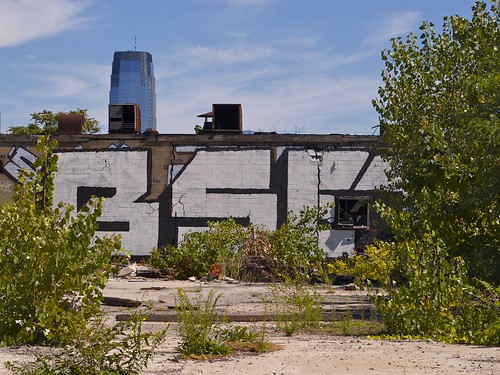
Did Bset simply ignore the code? Was he deliberately dissing the writer's who'd done the pieces? Are we seeing a dispute being worked out on the walls? Or had someone else trashed the wall before Bset came along? If that's what happened, then Bset was simply restoring order to the wall.
September 12, 2013, taken in the early morning, shooting into the rising sun:
May 4, 2014
Nine months later the Bset roller still dominates the wall. Much of the graffiti to its left was there on August 13th. But the building is much degraded. It would appear that final demolition has begun.
Nine months later the Bset roller still dominates the wall. Much of the graffiti to its left was there on August 13th. But the building is much degraded. It would appear that final demolition has begun.
July 5, 2014
Now all but a part of the building has been reduced to rubble. There's nothing left of the Bset roller.
Now all but a part of the building has been reduced to rubble. There's nothing left of the Bset roller.
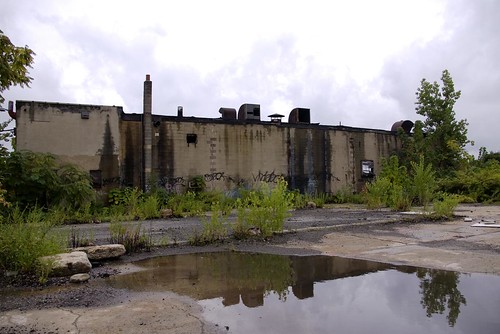
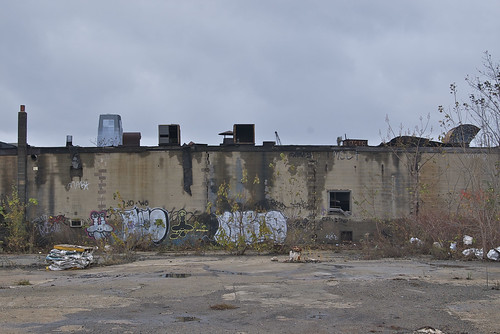

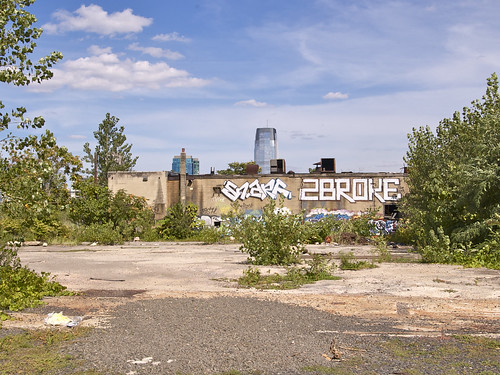
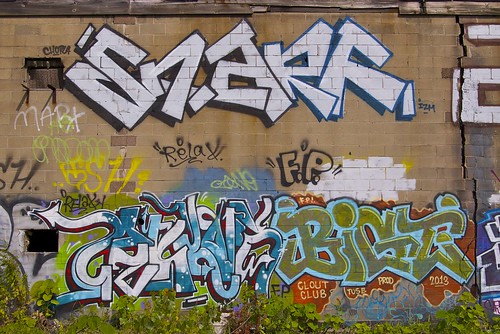
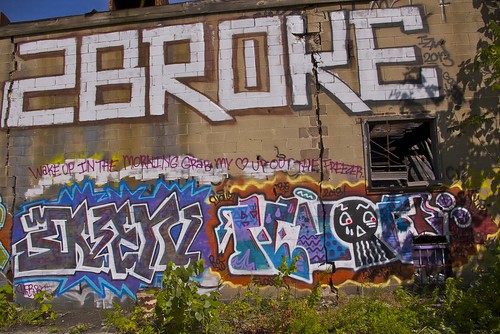
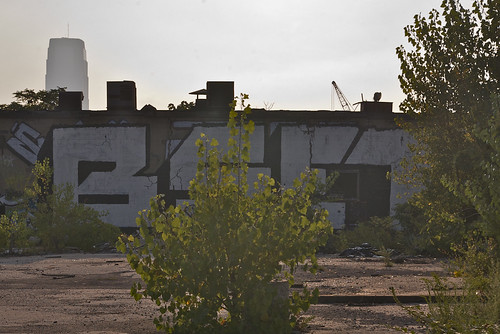
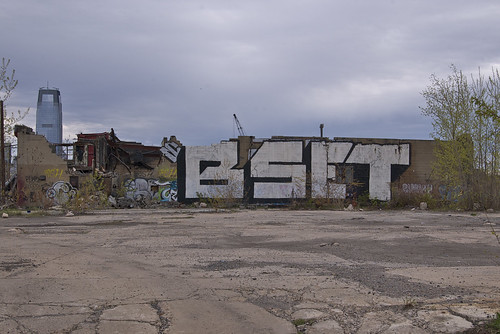
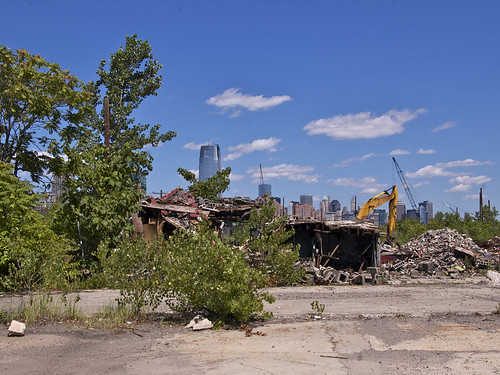
No comments:
Post a Comment